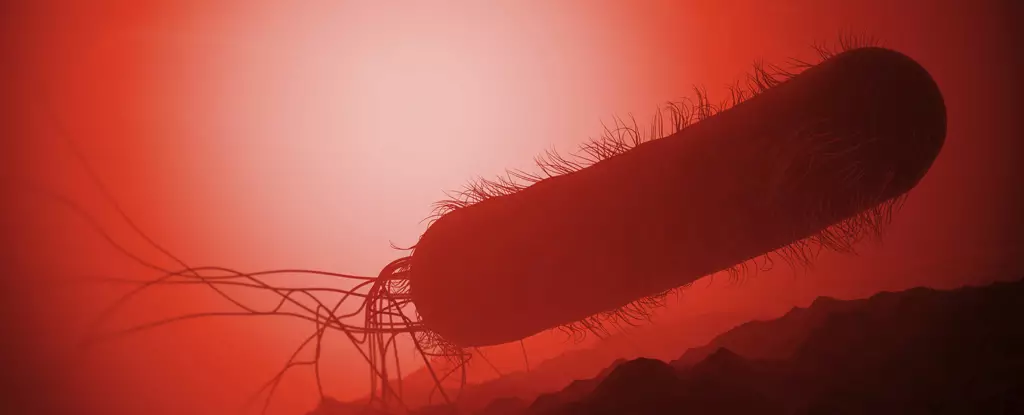The debate surrounding whether bacteria mutate randomly or with a purpose has been ongoing for over a century, with researchers striving to understand the underlying mechanisms behind bacterial evolution. One of the landmark experiments that shed light on this issue was conducted by microbiologist Salvador Luria and physicist turned biologist Max Delbrück in 1943. This experiment, known as the Luria-Delbrück experiment, sought to prove that bacteria mutated aimlessly.
Key Findings of the Experiment
In the experiment, a vial containing bacteria living in nutrient broth was introduced to a virus infecting bacteria, also known as a phage. The bacteria were initially killed by the phage, resulting in a clear broth. However, over time, the broth became cloudy again, indicating that some bacteria had developed resistance against the phages and were able to proliferate. This phenomenon raised questions about whether the phages induced the bacteria to mutate for survival or if the mutations occurred randomly.
Luria’s experiment involved placing bacteria E. coli into tubes containing nutrient broth and dishes coated with phages. The bacteria had the opportunity to mutate in two ways – either in the tubes without the presence of phages or in the dishes with phages. The results of the experiment revealed that bacteria developed resistance independently of interacting with phages. This suggested that random mutations played a significant role in the development of resistant variants.
Comparing Mutations to Slot Machine Jackpots
An intriguing analogy drawn from the experiment was the comparison between bacterial mutations and slot machine jackpots. Early-generation mutations were found to occur rarely but resulted in a large number of resistant variants, similar to winning a jackpot in a slot machine. On the other hand, late-generation mutations occurred more frequently but yielded fewer resistant variants. This comparison highlighted the stochastic nature of bacterial mutations and their role in environmental adaptation.
The findings of the Luria-Delbrück experiment have significant implications for antibiotic resistance. Bacteria’s reliance on random mutations to cope with changing environments has been a driving force behind the development of resistance to antibiotics over millions of years. The experiment’s results suggest that bacteria can develop resistance to antibiotics they have not encountered, posing a significant challenge for the future of antibiotic therapy.
The Luria-Delbrück experiment remains a seminal study in the field of microbiology, providing valuable insights into bacterial mutation patterns. The experiment’s findings underscore the importance of understanding the stochastic nature of bacterial evolution and the inevitability of antibiotic resistance. As we continue to combat drug-resistant bacteria, further research in this area is crucial to developing effective strategies to address this growing global health concern.


Leave a Reply